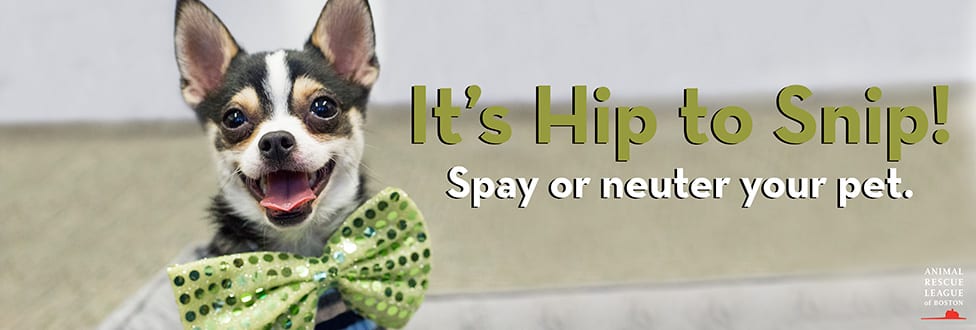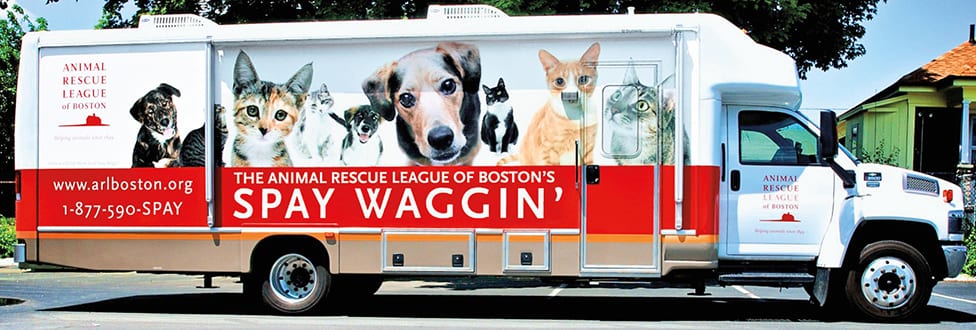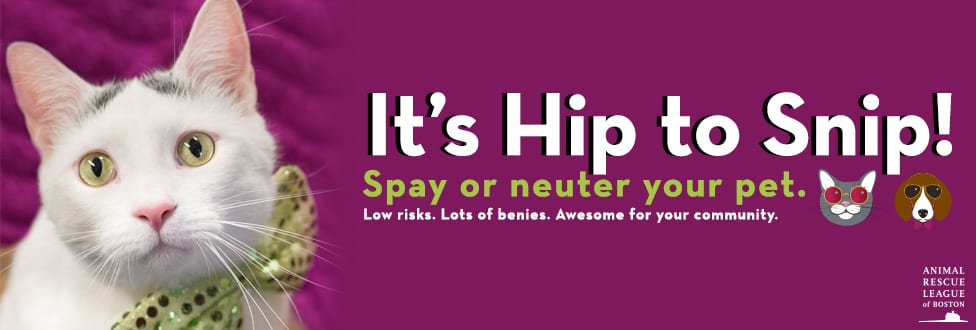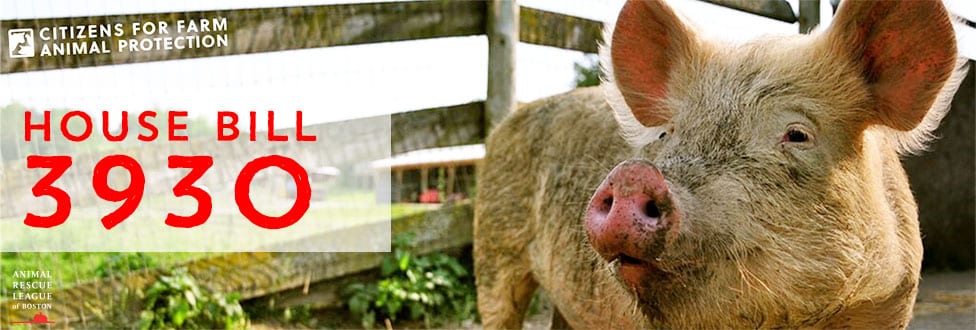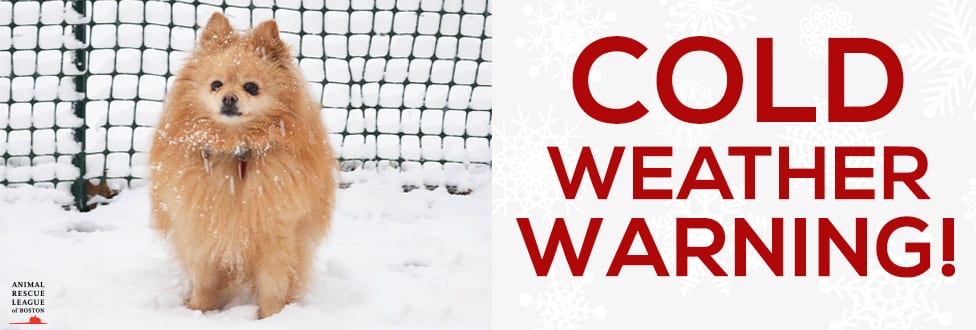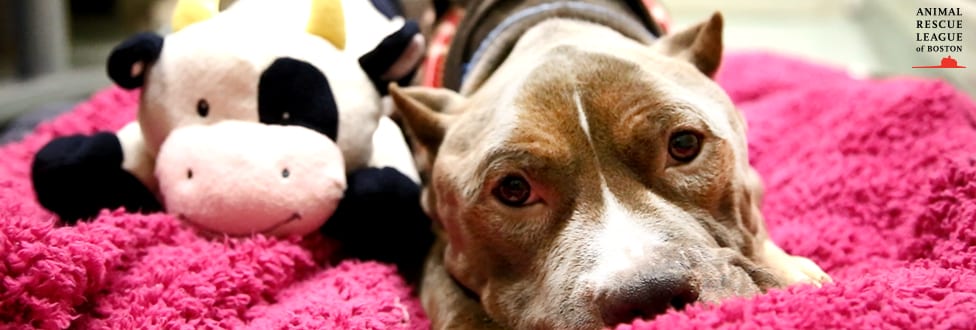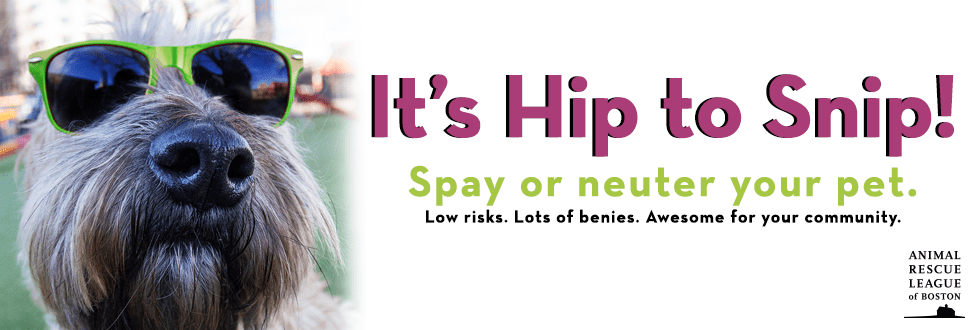ARL Recovers 18 Game Birds from Tewksbury Home
Suspects arraigned in connection with illegal animal fighting ring
Earlier this week, 24 suspects were arrested and arraigned for their suspected involvement in an illegal cockfighting ring in Tewksbury, Massachusetts.

Lt. Alan Borgal, director of law enforcement at the ARL, and Brian O’Connor (pictured), manager of rescue services at the ARL, helped recover 18 modern game birds from the illegal cockfighting ring in Tewksbury, MA. Photo courtesy of the Tewksbury police department.
The Tewksbury Police Department acted on a tip that multiple people were gambling on a “cock fight” at the residence of 969 Chandler Street.
When officials entered the home surrounded by surveillance equipment, they discovered 24 people participating in a “cock fight”. Several packages of spurs, kits with tape, and over $13,000 in cash, were also found on the scene.
The Animal Rescue League of Boston (ARL), Tewksbury Animal Control, and the Massachusetts Environmental Police were called in for help.
“There were 18 modern game birds involved,” says Lt. Alan Borgal, director of law enforcement at the ARL. “Many of them had artificial plastic spurs attached to their legs to inflict more damage to one another during the fight.”
Sadly, 5 of the modern game birds were critically injured and did not survive. The remaining 13 birds are in the custody and control of the ARL’s law enforcement department.
On Monday, all 24 suspects were arraigned in Lowell District Court on charges of cruelty to animals and being present at an animal fight. The two organizers of the cockfighting ring were also charged with keeping or promoting an animal fight.
SEE SOMETHING, SAY SOMETHING – We all have a role to play in prevention! Report suspicions of animal cruelty, abandonment, neglect to your local authorities. Learn more at arlboston.org/take-action


